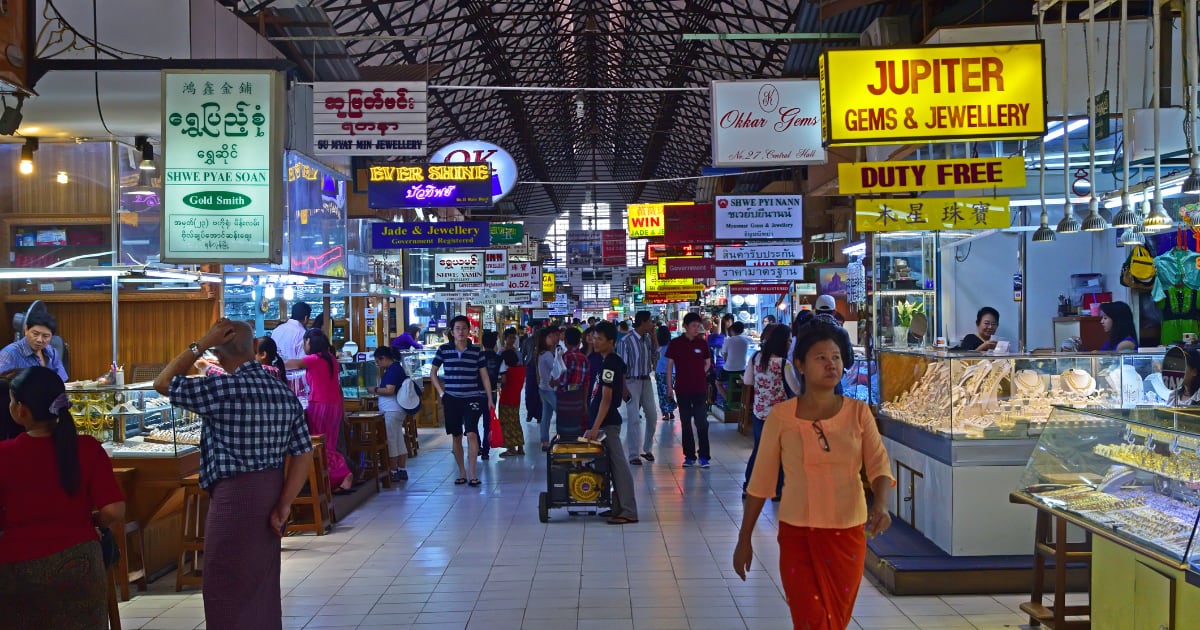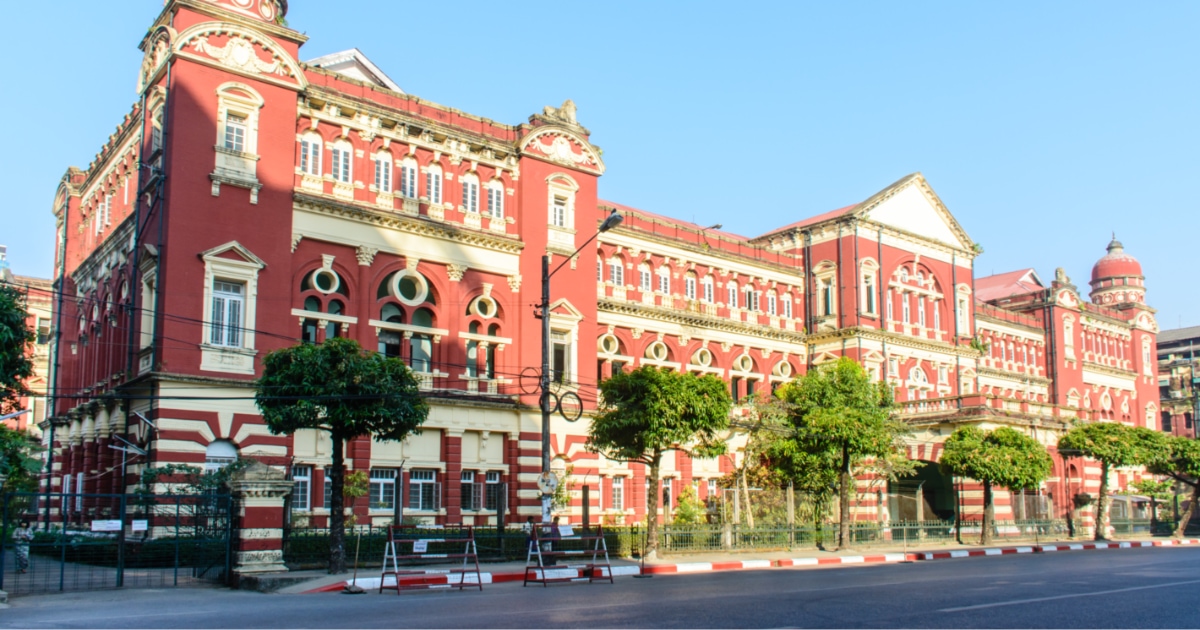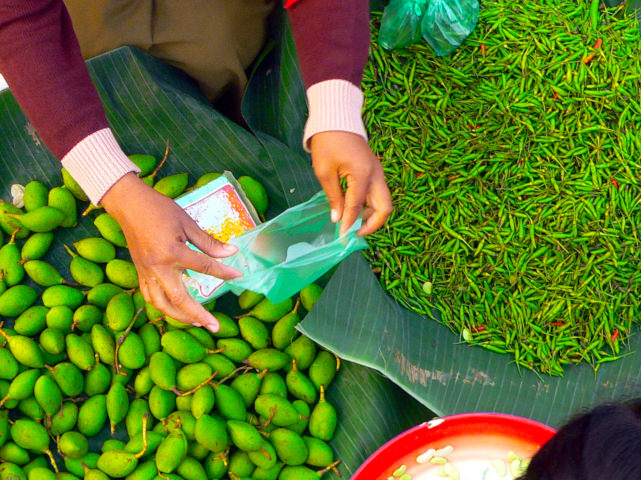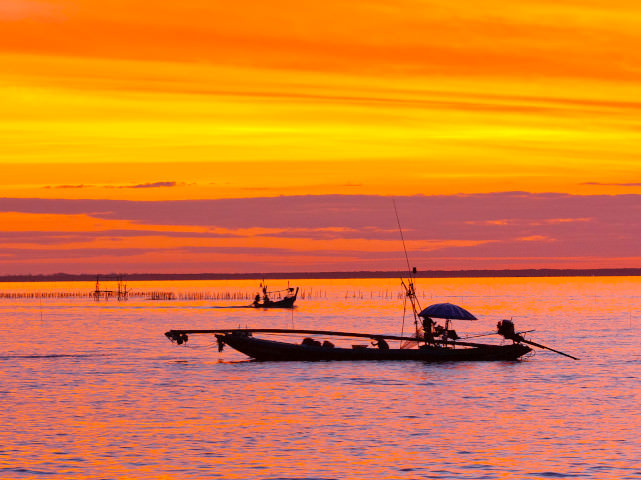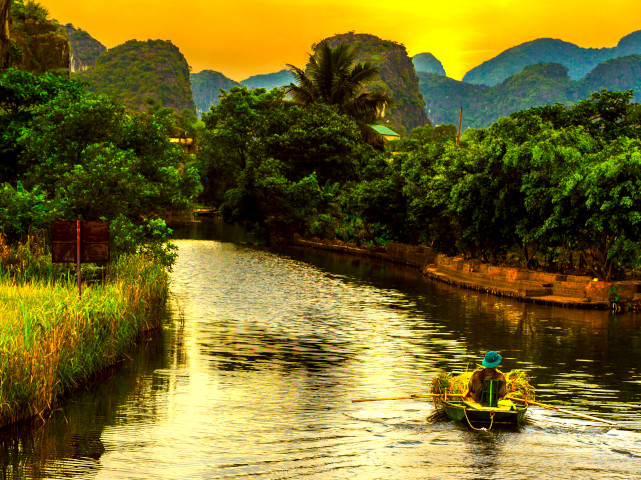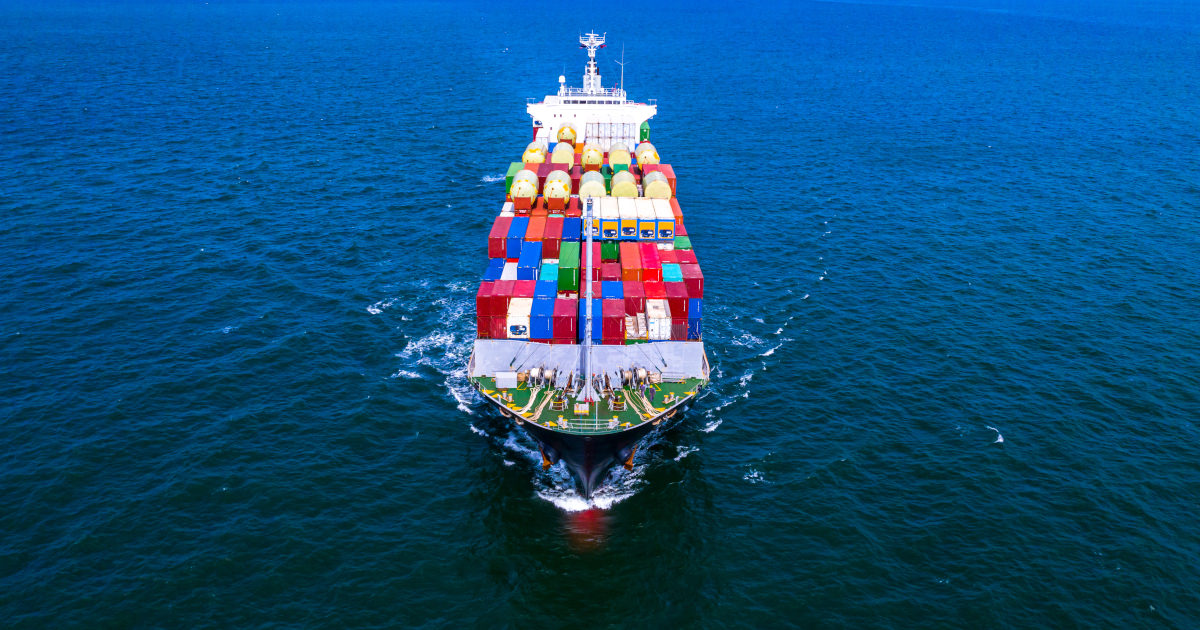
Myanmar Trade Agreements
The Government of Myanmar is entering into an increasing number of international agreements and investment treaties. To date it has signed bilateral investment protection agreements with Singapore, Israel, Republic of Korea, United States of America, Indonesia, Japan, China, India, Kuwait, Laos, the Philippines, Thailand and Vietnam. Myanmar is part of the ASEAN Free Trade Area with the aim to eliminate tariffs for all tariff lines by 2018. As an ASEAN member, Myanmar is party to a wide range of multi-lateral trade related of agreements and initiatives. Free Trade Agreements have been signed with Hong Kong, China; Japan; Korea; India; Australia and New Zealand.
Myanmar is also part of the Bay of Bengal Initiative for Multi-Sector Technical and Economic Cooperation, which aims to establish a free trade area by 2017 among Bangladesh, Bhutan, India, Nepal, Sri Lanka and Thailand; the Ayeyawady – Chao Phraya – Mekong Economic Cooperation Strategy which aims to bridge the economic gap between Cambodia, Lao, Myanmar, Thailand and Vietnam, and other ASEAN member nations and to promote welfare in the Mekong sub-region; the Asian Clearing Union whose members have agreed to facilitate easier settlement of international payments for intra-regional transactions of international trade among the participating central banks.
On 21 May 2013, Myanmar entered into an historic Trade and Investment Framework Agreement with the U.S. On 12 June, the European Union readmitted Myanmar to its trade preference scheme, the GPS, on which grants developing nations preferential – in the form of lower tariffs – when selling certain products into the EU.
On 15 November 2020, the Regional Comprehensive Economic Partnership (RCEP) was signed by Myanmar and 14 other Asia-Pacific countries. It is a monument of the world’s biggest free trade agreement covering ten member states of ASEAN, of which Myanmar is part of, and China, Japan, South Korea, Australia and New Zealand. It is deemed to be a timely remedy for all the countries affected due to the COVID-19 outbreak, representing around 30pc of the world’s population, 30pc of global GDP and about 28pc of international trade. For the countries – Japan, China and South Korea which are facing the difficulty in bilateral relationships will be a very first trade deal bringing into a single free trade agreement. Unlike the other agreements, it can bring to Myanmar the unified rules of origin system, considerably attracting for many investments that necessarily requires labour intensive supply chains.
Myanmar and the New York Convention
In another move to encourage foreign investment, the Government acceded to the New York Convention on the Recognition and Enforcement of Foreign Arbitral Awards 1958 (Convention). The purpose of the Convention is to establish common legislative standards for the recognition of arbitration agreements and court recognition and enforcement of foreign and non-domestic arbitral awards. Being a signatory to the convention is increasingly seen as a prerequisite for attracting foreign investment. Myanmar became the 149th member of the U.N. to accede to the Convention. Myanmar’s accession was formalised after the Government lodged an instrument of accession with the office of the Secretary-General of the United Nations on 16 April 2013. In accordance with the terms of accession, the Convention came into force in Myanmar law on 15 July 2013, being 90 days from the date the instrument was lodged. For the Convention to be fully operable in Myanmar, the Government must now enact or amend existing legislation. The Government may still opt to limit or make reservations as to the Convention’s operation (For example, the Government may insist on reciprocity, whereby only persons or corporations domiciled in countries that have also acceded to the Convention may seek to benefit from its provisions when seeking the enforcement of judgements under Myanmar law.)
Myanmar and the WTO
In 1948, Myanmar was among the twenty-three original signatories to the General Agreement on Tariffs and Trade. It has been a member of the World Trade Organization (WTO) since 1 January 1995. However due to the isolationist policies pursued by the military junta, its position as an under developed nation and latterly due to sanctions imposed by the international community its contribution and commitment to the WTO has been limited. It is anticipated that in light of the changes currently taking place, Myanmar will become a more active participant in the WTO and its affiliated organisations. Government representatives are due to discuss Myanmar’s trade policy with WTO officials in Geneva in November 2013.
Myanmar and the ILO
In June 2013, the International Labour Organisation (ILO) announced the lifting of restrictions against Myanmar. The ILO suspended Myanmar in 1999 following the then military regime’s failure to implement policies to bring Myanmar’s legislation in line with the ILO’s Forced Labour Convention. In March 2012, Myanmar has signed a MOU with the ILO whereby it committed to cooperate with the ILO and implement measures to eradicate forced and child labour in Myanmar by 2015.
Myanmar and The World Bank
Myanmar first became a member of the International Bank for Development and Reconstruction in 1952, the International Financial Corporation in 1956, and the International Development Association in 1962, the three institutions that make up the World Bank Group.
Myanmar and ASEAN
Myanmar is a member of the Association of Southeast Asian Nations (ASEAN), a political and economic organisation of ten South East Asian countries formed on 8 August 1967 by Indonesia,Malaysia, the Philippines, Singapore and Thailand. Since then, membership has expanded to include Brunei, Myanmar, Cambodia, Laos, and Vietnam. Its aims include accelerating economic growth, social progress, cultural development among its members, protection of regional peace and stability, and opportunities for member countries to discuss differences peacefully.



